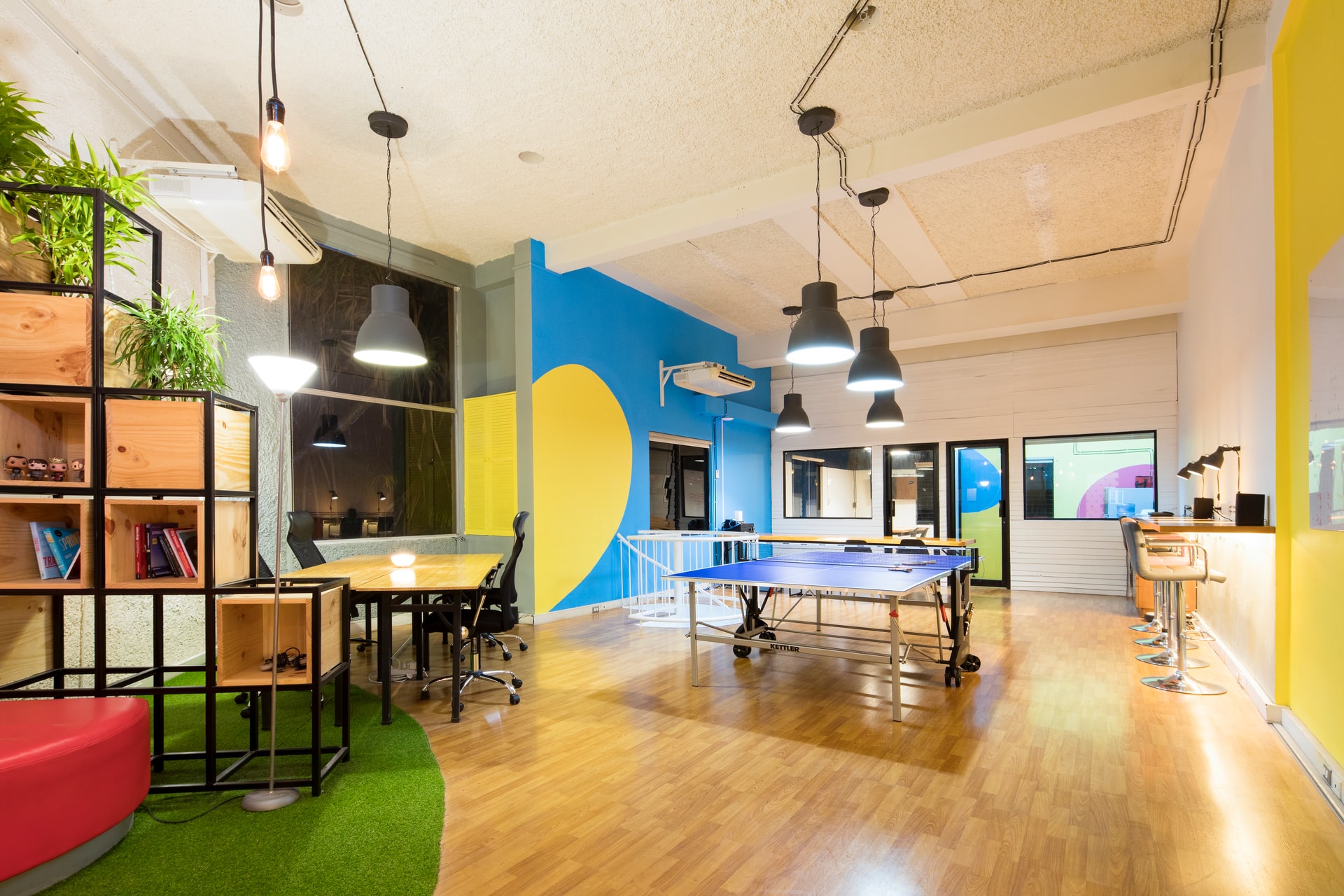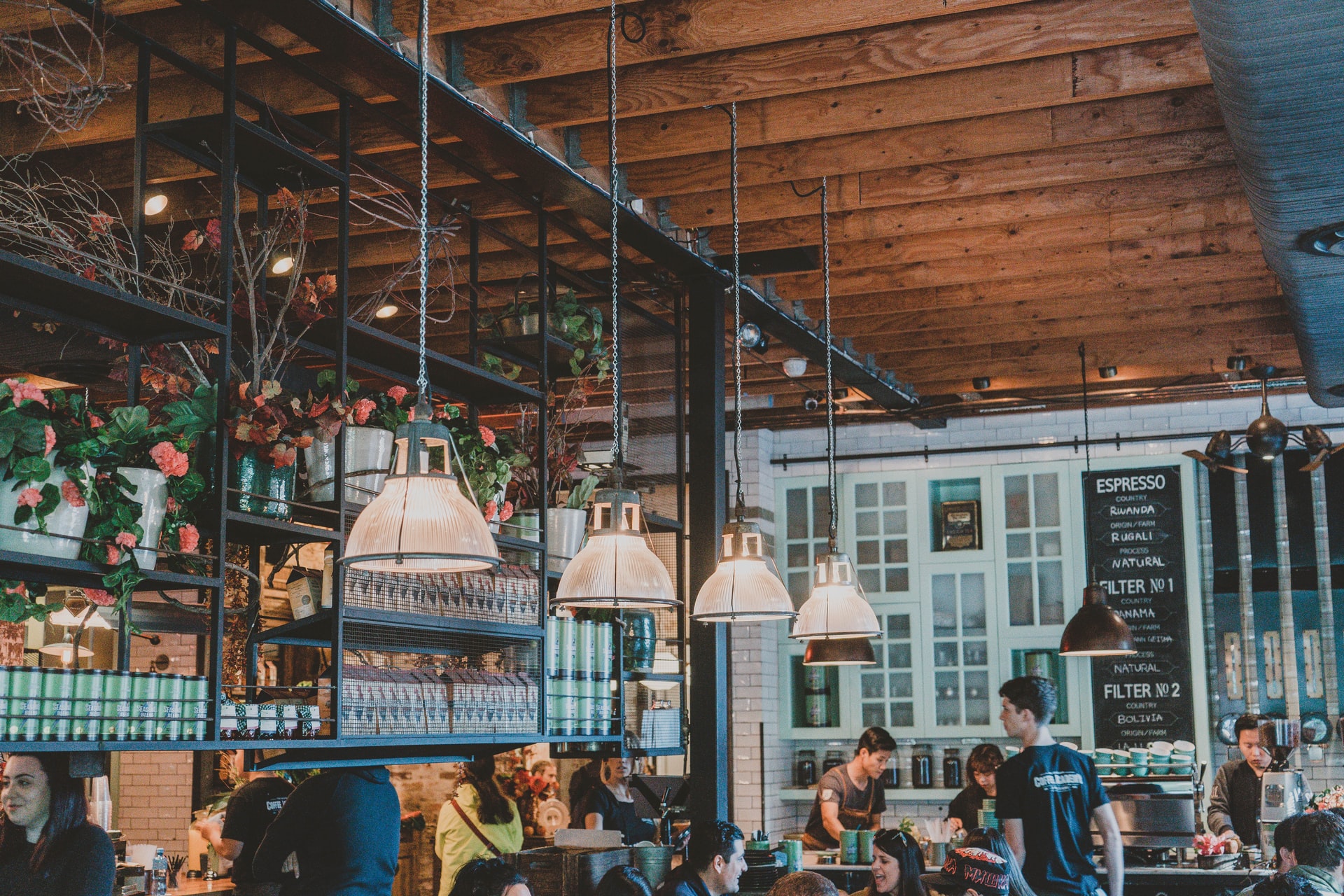Is this the death of the traditional agency model?
“The new normal” and the “future of work” have become familiar terms over the past 4 months, as the world has become engulfed by the coronavirus pandemic. But how do these buzzwords translate towards changes in industries such as the world of creative agencies?
Our recent article on the future of work discovered that the changes taking place are simply the hastening of trends that we were already seeing before lockdown was introduced. Remote working was already on the rise, employees were already looking for a more flexible way of working, freelancing has been growing in popularity for over a decade.
So, what about the traditional agency model?

It’s fair to say that this sector was already being challenged before Covid-19 arose. Whilst huge agencies have still been very much reliant on the traditional model of expensive offices and an army of employees, smaller flexible agencies have started creeping in. For example, John Ashton set up his remote writing agency, WriteArm, in 2012 from his kitchen table. Built with an army of freelancers, he has been able to flex his workforce up and down when times are busy or quiet. This model presents less risk but still allows John to work with a group of trusted people that he knows can deliver the quality his clients expect.
These new digitally activated agencies were already taking a piece of the agency pie, but now, with the effect of coronavirus, it looks like the big players will have to take a leaf from their book.
The end of pristine offices and extravagant client entertainment

Parties at the office bar and taking clients out for expensive meals has been the expectation of larger agencies over the years. With lockdown effectively extinguishing the possibility of this, agencies have had to adapt. Now, the realisation has occurred that they can keep clients happy with (free) virtual meetings and delivering quality work. Who knew?
With purse strings naturally tighter at the moment, is it realistic for large agencies to go back to the extravagant overheads that they were paying before? We expect to see agencies downsize their huge offices for smaller spaces that can provide a place for their teams to meet with clients or for creative brainstorms. Home offices will become the norm for completing work following team brainstorms.
The new flexible agency

So what changes do we really expect to happen? The biggest change that we forecast is that agencies will become more flexible to their clients’ needs. They will look to cut back on their permanent headcount and look to restructure their model by flexing their team up and down when projects come in. Rather than having a group of people with generalist skillsets on the payroll, agencies will hire in specific experts as and when they are needed. This will help them tailor their offerings to clients’ specific needs, whilst also keeping their costs sensible.
What else is going to change? As we’ve mentioned, the rise of virtual meetings has opened everyone’s eyes to the power of digital. We expect agencies to utilise this by reducing the number of face-to-face meetings that they have with clients. To be clear, we’re not suggesting that face-to-face interaction isn’t still an important part of the relationship-building process, but simply that not every meeting needs to be done in person or over lunch.
Changing client expectations

Just as consumer behaviours have changed and become more digital, so have clients behaviours and attitudes. They no longer expect the same level of face-to-face interaction that they did before. If a meeting can be done virtually, it saves everyone time and allows higher productivity. Previously, setting up a virtual meeting may have seemed daunting for certain clients who were used to traditional set-ups, but this landscape has been flipped on its head, directly as a result of lockdown.
Clients are now also looking for a flexible solution that minimises risk for them, but still offers the opportunity to scale up if their budgets allow them to do so. Remote – or partially remote – agencies with a freelance workforce to call upon will be best placed to offer this solution.
The future is flexible. For any agency to succeed in the post-covid world, it will be crucial that they embrace this philosophy.


![Business Survey 2022 [Infographic]](https://www.peopleperhour.com/discover/wp-content/uploads/2022/01/PeoplePerHour-business-survey-2022-432x243.jpg)
